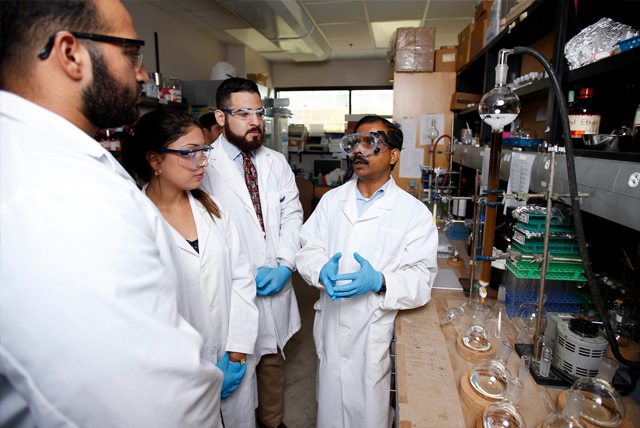Complex formation by the Drosophila MSL proteins: role of the MSL2 RING finger in protein complex assembly
Document Type
Article
Publication Date
9-1998
Abstract
Drosophila MSL proteins are thought to act within a complex to elevate transcription from the male X chromosome. We found that the MSL1, MSL2 and MSL3 proteins are associated in immunoprecipitations, chromatographic steps and in the yeast two-hybrid system, but that the MLE protein is not tightly complexed in these assays. We focused our analysis on the MSL2-MSL1 interaction, which is postulated to play a critical role in MSL complex association with the X chromosome. Using a modified two-hybrid assay, we isolated missense mutations in MSL2 that disrupt its interaction with MSL1. Eleven out of 12 mutated residues clustered around the first zinc-binding site of the RING finger domain were conserved in a Drosophila virilis MSL2 homolog. Two pre-existing msl2 alleles, which fail to support male viability in vivo, have lesions in the same region of the RING finger. We tested these in the two-hybrid system and found that they are also defective in interaction with MSL1. Mutation of the second zinc-binding site had little effect on MSL1 binding, suggesting that this portion of the RING finger may have a distinct function. Our data support a model in which MSL2-MSL1 interaction nucleates assembly of an MSL complex, with which MLE is weakly or transiently associated.
Recommended Citation
Copps, K., Richman, R., Lyman, L. M., Chang, K. A., Rampersad-Ammons, J., & Kuroda, M. I. (1998). Complex formation by the Drosophila MSL proteins: role of the MSL2 RING finger in protein complex assembly. The EMBO journal, 17(18), 5409–5417. https://doi.org/10.1093/emboj/17.18.5409
Publication Title
The EMBO journal
DOI
https://doi.org/10.1093/emboj/17.18.5409



Comments
PMC Copyright notice